December 2 stands as one of history’s most eventful days, witnessing the rise and fall of empires, groundbreaking discoveries, and moments that shaped our modern world across centuries of human achievement.
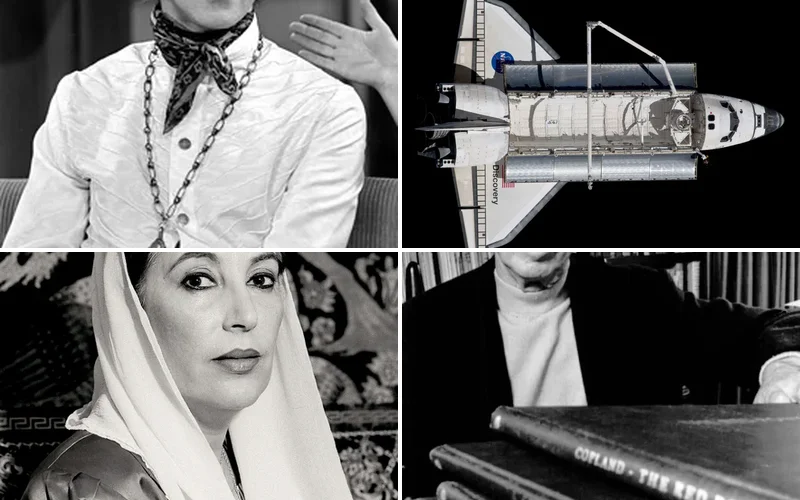
Politics and Government Events on December 2
1908 – Puyi Becomes Emperor of China
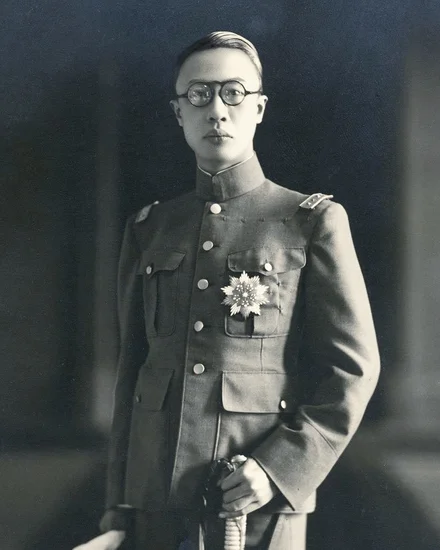
Two-year-old Puyi ascended to the Chinese throne, becoming the last emperor of the Qing Dynasty. His coronation marked the final chapter of imperial rule in China.
The child emperor’s reign would prove tumultuous and brief. Political upheaval and revolutionary forces would soon transform China’s ancient governmental structure forever.
1917 – Russia Signs Armistice at Brest-Litovsk
Revolutionary Russia negotiated peace with the Central Powers, effectively ending its participation in World War I. The armistice discussions would lead to the controversial Treaty of Brest-Litovsk.
Lenin’s government prioritized ending the devastating war to focus on domestic revolution. This decision fundamentally altered the balance of power in both the war and European politics.
1961 – Castro Declares Cuba Communist
Fidel Castro publicly announced his Marxist-Leninist ideology in a nationally televised speech. He declared Cuba’s commitment to adopting communist principles and policies.
This proclamation formalized Cuba’s ideological shift and deepened Cold War tensions. The announcement solidified Cuba’s alliance with the Soviet Union against American interests.
1971 – United Arab Emirates Formed
Six emirates united to establish the United Arab Emirates as a sovereign federation. Abu Dhabi, Dubai, Sharjah, Ajman, Fujairah, and Umm al-Quwain joined forces for mutual prosperity.
The federation created a new Middle Eastern power through strategic cooperation. This political union would transform the region into a major economic and cultural hub.
1988 – Benazir Bhutto Sworn In as Pakistan’s Prime Minister

Benazir Bhutto made history by becoming the first female leader of a Muslim-majority nation. Her swearing-in ceremony marked a groundbreaking moment for women’s political participation.
Bhutto’s ascension shattered traditional gender barriers in Islamic governance. Her leadership inspired women across the Muslim world to pursue political careers.
1999 – Northern Ireland Devolution Begins
The United Kingdom transferred significant political powers to the Northern Ireland Executive following peace negotiations. This devolution marked a crucial step in the peace process.
The Good Friday Agreement’s implementation brought hope for lasting stability. Local governance would allow Northern Ireland to address its unique challenges through democratic means.
2001 – Enron Files for Bankruptcy
Energy giant Enron filed for Chapter 11 bankruptcy protection, shocking the business world. The company’s collapse exposed massive accounting fraud and corporate corruption.
This bankruptcy became the largest in American history at the time. The scandal led to sweeping reforms in corporate governance and financial reporting standards.
Military and Naval History on December 2
1943 – Luftwaffe Attacks Bari Harbor
German bombers devastated the strategic port of Bari, Italy, sinking numerous Allied vessels. The raid inadvertently released deadly mustard gas from the American ship SS John Harvey.
The attack caught Allied forces completely off guard during their Italian campaign. The mustard gas incident remained classified for decades due to its sensitive nature.
1950 – Chinese Victory at Ch’ongch’on River
Chinese forces decisively defeated UN troops in the Battle of the Ch’ongch’on River during the Korean War. This victory expelled all UN forces from North Korean territory.
The battle demonstrated China’s military commitment to supporting North Korea. Chinese intervention fundamentally changed the war’s trajectory and prolonged the conflict significantly.
1956 – Castro Lands in Cuba
Fidel Castro and 81 revolutionaries landed on Cuba’s shores aboard the yacht Granma. This daring mission launched the Cuban Revolution against Batista’s dictatorship.
Che Guevara and other future leaders participated in this historic landing. The small force would eventually overthrow the government and transform Cuban society completely.
1942 – First Nuclear Chain Reaction Achieved
Enrico Fermi’s team successfully initiated the first artificial self-sustaining nuclear chain reaction at the University of Chicago. This Manhattan Project breakthrough proved nuclear energy’s feasibility.
The achievement marked a turning point in both science and warfare. This nuclear milestone would lead directly to the development of atomic weapons.
Science and Discovery Milestones on December 2
1982 – First Artificial Heart Implanted
Barney Clark received the first permanent artificial heart at the University of Utah. This groundbreaking surgery opened new possibilities for treating heart disease.
The Jarvik-7 artificial heart kept Clark alive for 112 days. This medical milestone demonstrated the potential for mechanical devices to replace failing organs.
1970 – Environmental Protection Agency Established
The United States Environmental Protection Agency began operations to protect human health and the environment. This federal agency consolidated various environmental programs under unified leadership.
The EPA’s creation reflected growing environmental consciousness in America. The agency would become instrumental in implementing pollution controls and conservation policies.
1988 – Space Shuttle Atlantis Launches

Space Shuttle Atlantis launched on STS-27, carrying a classified payload for the Department of Defense. This mission supported national security objectives in space.
The shuttle program continued advancing America’s space capabilities during the Cold War. Military space missions remained essential for maintaining strategic advantages.
1990 – Space Shuttle Columbia Carries Observatory
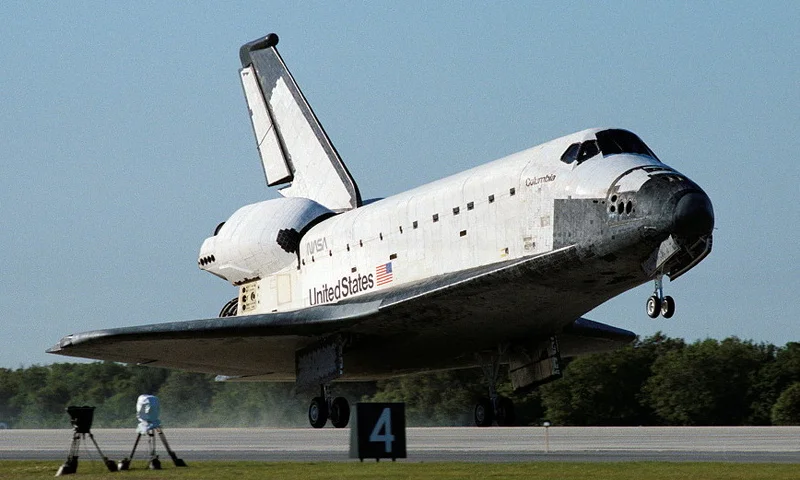
Space Shuttle Columbia launched on STS-35 with the ASTRO-1 spacelab observatory. This mission advanced astronomical research through space-based observations.
The ASTRO-1 observatory collected valuable data about celestial objects. Space-based telescopes revolutionized astronomy by eliminating atmospheric interference.
Cultural and Arts Events on December 2
1918 – Edmond Rostand Dies
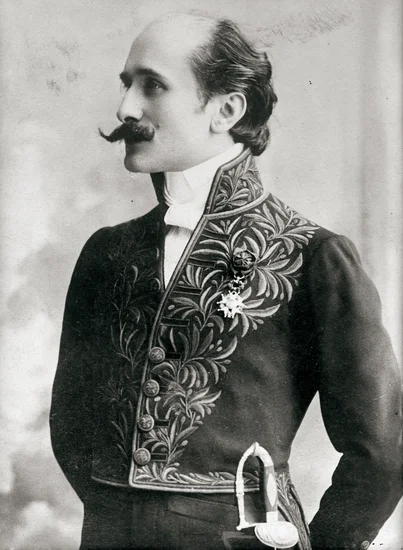
French poet and playwright Edmond Rostand passed away, leaving behind masterpieces like “Cyrano de Bergerac.” His romantic dramas captured audiences worldwide with their passionate characters.
Rostand’s works embodied the spirit of French theatrical excellence. His poetic dialogue and heroic themes continue inspiring writers and performers today.
1990 – Aaron Copland Dies

American composer Aaron Copland passed away after defining American classical music for generations. His works like “Appalachian Spring” captured the nation’s pioneering spirit.
Copland’s compositions blended folk traditions with sophisticated classical techniques. His musical legacy helped establish a distinctly American sound in concert halls worldwide.
1986 – Desi Arnaz Dies
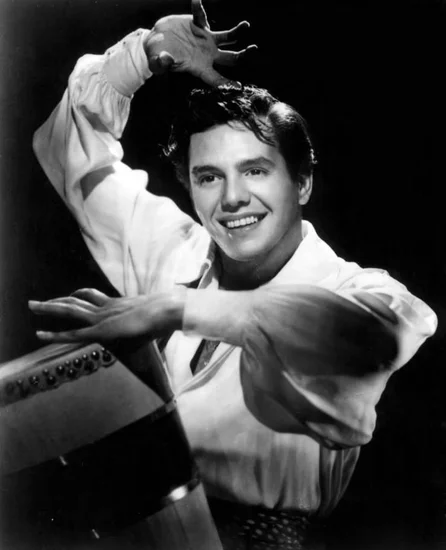
Cuban-American entertainer Desi Arnaz died, remembered for revolutionizing television with “I Love Lucy.” His production innovations transformed how TV shows were filmed and distributed.
Arnaz’s business acumen and creative vision shaped the television industry. His partnership with Lucille Ball created one of entertainment’s most enduring legacies.
1985 – Philip Larkin Dies

British poet Philip Larkin passed away, leaving behind some of the 20th century’s most acclaimed verse. His honest, melancholic poetry resonated with readers seeking authentic expression.
Larkin’s work explored everyday experiences with profound insight. His poetic voice captured post-war British society’s complexities and contradictions.
Religious and Social Events on December 2
1949 – Anti-Trafficking Convention Adopted
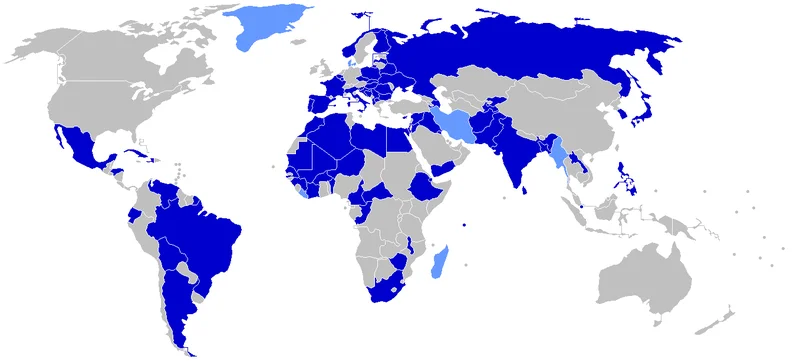
The Convention for the Suppression of the Traffic in Persons and of the Exploitation of the Prostitution of Others was adopted internationally. This treaty addressed human trafficking and exploitation.
The convention established international cooperation against human trafficking. This early human rights instrument laid groundwork for modern anti-trafficking efforts.
1980 – Salvadoran Missionaries Murdered
Four American missionaries were brutally killed by a death squad in El Salvador. This tragic event highlighted the dangers faced by religious workers in conflict zones.
The murders shocked the international community and drew attention to El Salvador’s civil war. The incident strained U.S.-El Salvador relations and sparked calls for justice.
1947 – Jerusalem Riots Erupt
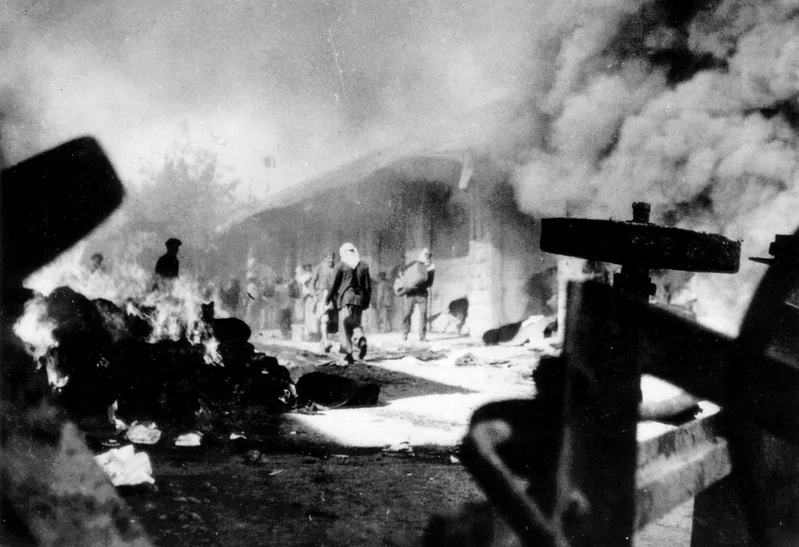
Arabs rioted in Jerusalem following the United Nations Partition Plan for Palestine. The violent demonstrations reflected deep opposition to the proposed division of Palestine.
These riots foreshadowed the broader conflict that would engulf the region. The partition plan’s announcement intensified existing tensions between Jewish and Arab communities.
1991 – Ukraine Independence Recognized
Canada and Poland became the first nations to recognize Ukraine’s independence from the Soviet Union. This diplomatic recognition legitimized Ukraine’s sovereignty claims.
The recognition marked a crucial step in Ukraine’s emergence as an independent nation. International support helped solidify Ukraine’s position during the Soviet collapse.
Business and Economic Events on December 2
1927 – Ford Unveils Model A
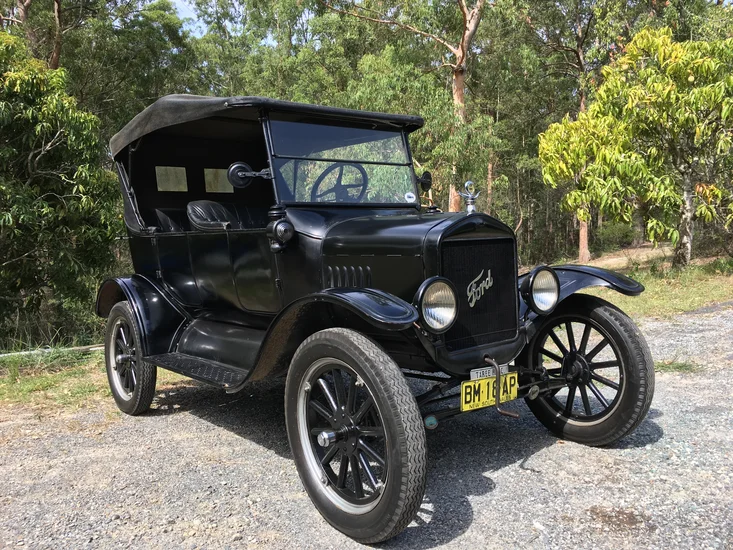
Ford Motor Company introduced the Model A after nineteen years of Model T production. This new automobile featured modern styling and improved performance capabilities.
The Model A represented Ford’s response to changing consumer preferences. The vehicle helped maintain Ford’s competitive position in the evolving automotive market.
1930 – Hoover Proposes Economic Stimulus
President Herbert Hoover announced a $150 million public works program to combat the Great Depression. This initiative aimed to create jobs and stimulate economic recovery.
The proposal reflected early government intervention in economic crisis. Hoover’s program preceded larger New Deal initiatives that would follow under Roosevelt.
1993 – Pablo Escobar Killed
Colombian drug lord Pablo Escobar died in a police shootout in Medellín. His death marked the end of the Medellín Cartel’s reign of terror.
Escobar’s elimination significantly disrupted international drug trafficking networks. His death allowed Colombia to begin rebuilding its institutions and international reputation.
Transportation and Infrastructure on December 2
1939 – LaGuardia Airport Opens

New York City’s LaGuardia Airport began operations, expanding the city’s aviation capacity. This new facility enhanced New York’s position as a major transportation hub.
The airport’s opening reflected America’s growing aviation industry. LaGuardia would become crucial for business travel and regional connectivity.
1968 – Wien Airlines Crash

Wien Consolidated Airlines Flight 55 crashed into Pedro Bay, Alaska, killing all 39 people aboard. The tragedy highlighted the dangers of aviation in Alaska’s challenging conditions.
The crash prompted improved safety measures for Alaska aviation. Remote operations required specialized equipment and training to ensure passenger safety.
1992 – Space Shuttle Discovery Launches
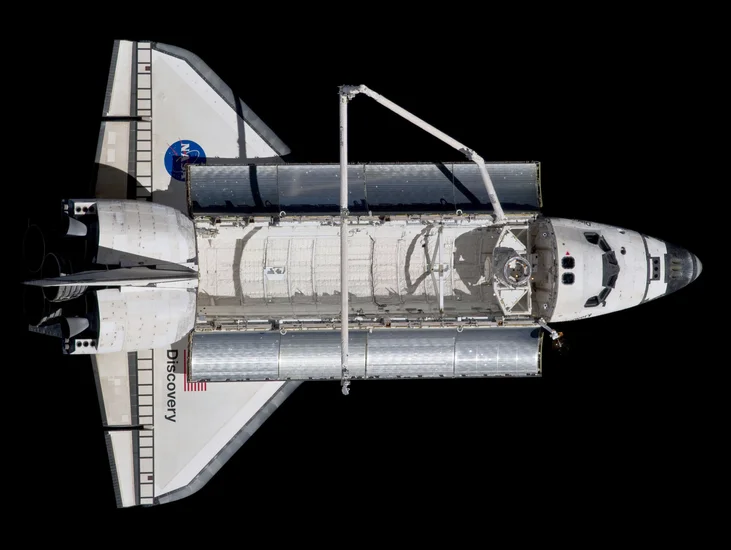
Space Shuttle Discovery launched on STS-53 for a classified Defense Department mission. This launch continued America’s military space program during the post-Cold War era.
The mission supported national security objectives through space-based capabilities. Military space operations remained essential for maintaining strategic advantages.
1993 – Hubble Telescope Repair Mission
Space Shuttle Endeavour launched on STS-61 to repair the Hubble Space Telescope. This complex mission would restore Hubble’s scientific capabilities through spacewalk repairs.
The repair mission demonstrated space technology’s potential for maintenance and upgrades. Hubble’s restoration would revolutionize astronomical observation and discovery.
Sports and Recreation on December 2
1972 – Gough Whitlam Elected Australian Prime Minister

Gough Whitlam led the Australian Labor Party to victory after 23 years in opposition. His election marked a significant shift in Australian politics and social policy.
Whitlam’s victory promised major reforms in healthcare, education, and social welfare. His government would implement sweeping changes to Australian society.
1976 – Fidel Castro Becomes Cuban President

Fidel Castro officially assumed the Cuban presidency, replacing Osvaldo Dorticós Torrado. This transition consolidated Castro’s control over Cuban government and politics.
Castro’s presidency formalized his leadership role in the Cuban Revolution’s aftermath. His administration would shape Cuban society for decades to come.
1977 – Tupolev Crash in Libya
A Tupolev Tu-154 crashed near Benghazi, Libya, killing 59 people. The tragedy highlighted aviation safety concerns in the region during the 1970s.
The crash prompted investigations into Soviet aircraft safety standards. International aviation safety protocols continued evolving to prevent similar accidents.
1989 – Malaysian Peace Agreement Signed
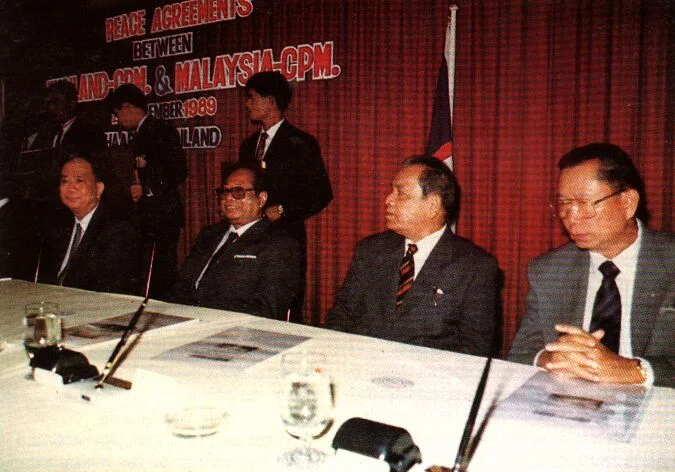
The Peace Agreement of Hat Yai ended Malaysia’s communist insurgency after more than two decades. This accord brought stability to the region through negotiated settlement.
The agreement demonstrated successful conflict resolution through diplomatic means. Malaysia’s experience influenced other nations facing similar insurgencies.
Notable Births on December 2
1923 – Maria Callas Born
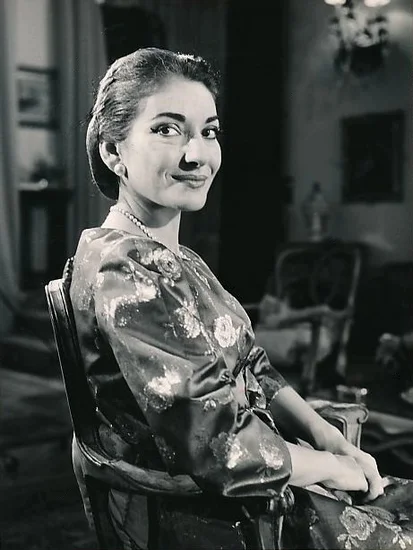
Legendary opera soprano Maria Callas was born in New York to Greek immigrant parents. Her powerful voice and dramatic intensity would revolutionize opera performance.
Callas became known as “La Divina” for her extraordinary artistic abilities. Her performances at La Scala and Metropolitan Opera set new standards for operatic excellence.
1924 – Alexander Haig Born
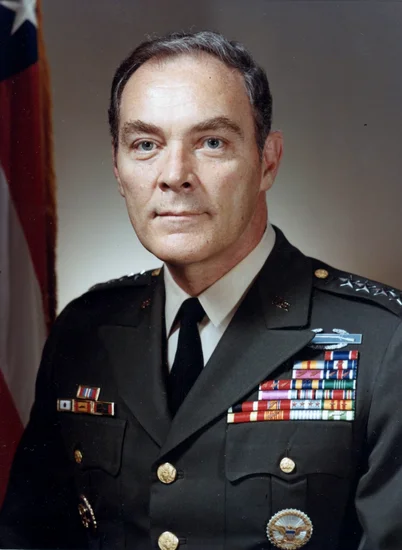
Future Secretary of State Alexander Haig entered the world, destined for military and diplomatic service. His leadership would span critical moments in American foreign policy.
Haig served as NATO commander and Reagan’s first Secretary of State. His military experience informed his approach to international relations and crisis management.
1925 – Julie Harris Born
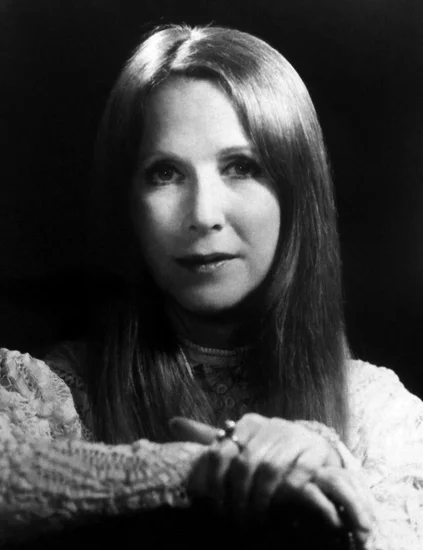
Acclaimed actress Julie Harris was born, beginning a career that would span theater, film, and television. Her versatility and talent earned critical acclaim across multiple mediums.
Harris won five Tony Awards and received numerous other honors. Her performances in “The Member of the Wedding” and “East of Eden” became legendary.
1954 – Gianni Versace Born

Italian fashion designer Gianni Versace was born, later founding the luxury fashion house Versace. His bold designs and glamorous aesthetic would influence fashion worldwide.
Versace’s creations combined classical inspiration with contemporary innovation. His work helped establish Milan as a major fashion capital.
1968 – Lucy Liu Born

Actress Lucy Liu was born, later becoming a pioneering Asian-American performer in Hollywood. Her breakthrough roles opened doors for greater diversity in entertainment.
Liu’s performances in “Ally McBeal” and “Kill Bill” showcased her range. Her success helped challenge traditional casting limitations in American media.
1978 – Nelly Furtado Born

Canadian singer-songwriter Nelly Furtado was born, later achieving international success with her eclectic musical style. Her multicultural background influenced her artistic expression.
Furtado’s albums blended pop, folk, and world music influences. Her hit songs like “I’m Like a Bird” earned Grammy recognition.
1981 – Britney Spears Born

Pop superstar Britney Spears was born in Mississippi, later becoming one of the world’s best-selling music artists. Her career would define pop music for an entire generation.
Spears’ debut album “…Baby One More Time” launched her to international stardom. Her influence on pop culture and music industry continues today.
1983 – Aaron Rodgers Born
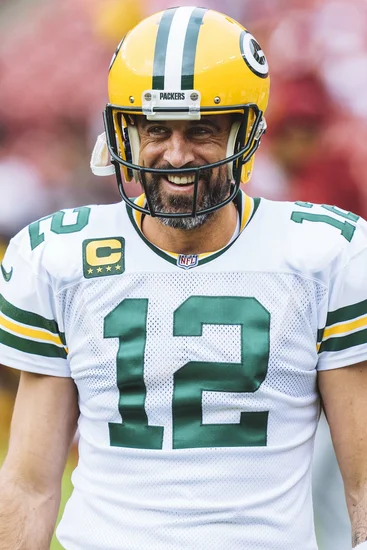
NFL quarterback Aaron Rodgers was born in California, later becoming one of football’s most accomplished players. His precision passing and leadership would define modern quarterbacking.
Rodgers won multiple MVP awards and led the Green Bay Packers to Super Bowl victory. His athletic achievements established him among football’s elite performers.
1991 – Charlie Puth Born

Singer-songwriter Charlie Puth was born in New Jersey, later achieving fame through social media and pop music. His musical talent and production skills garnered widespread recognition.
Puth’s songs like “See You Again” topped global charts. His ability to blend traditional songwriting with modern production techniques appeals to diverse audiences.
Notable Deaths on December 2
1944 – Filippo Tommaso Marinetti Dies

Italian poet and Futurist movement founder Filippo Tommaso Marinetti passed away. His radical artistic philosophy challenged traditional aesthetic conventions and embraced technological progress.
Marinetti’s manifestos revolutionized modern art and literature. His influence extended beyond Italy to shape avant-garde movements worldwide.
1950 – Dinu Lipatti Dies
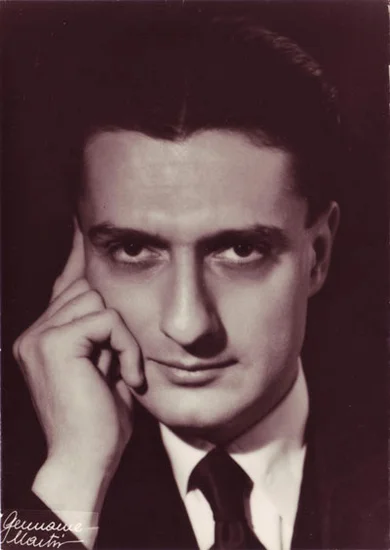
Romanian pianist and composer Dinu Lipatti died tragically young at 33. His recordings and performances demonstrated extraordinary musical sensitivity and technical mastery.
Lipatti’s interpretations of Chopin and Bach remain legendary among classical music enthusiasts. His brief but brilliant career left an indelible mark on piano performance.
1966 – L. E. J. Brouwer Dies
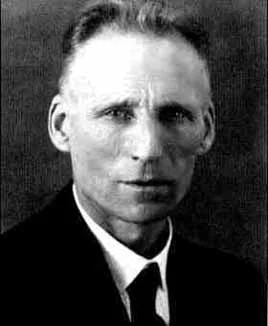
Dutch mathematician L. E. J. Brouwer passed away after revolutionizing mathematical logic and topology. His intuitionistic approach challenged fundamental assumptions about mathematical reasoning.
Brouwer’s work on fixed-point theorems and constructive mathematics influenced generations of mathematicians. His philosophical contributions reshaped understanding of mathematical truth.
1982 – Marty Feldman Dies
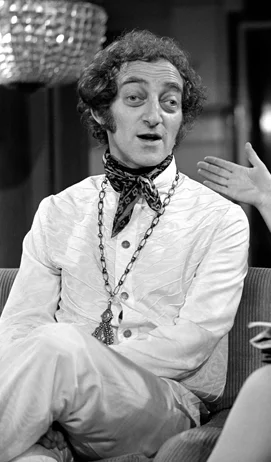
British comedian and actor Marty Feldman died, leaving behind a legacy of groundbreaking comedy. His distinctive appearance and surreal humor made him internationally recognizable.
Feldman’s work on “Monty Python” and “Young Frankenstein” showcased his comedic genius. His contributions to British comedy influenced countless performers and writers.
1993 – Pablo Escobar Dies
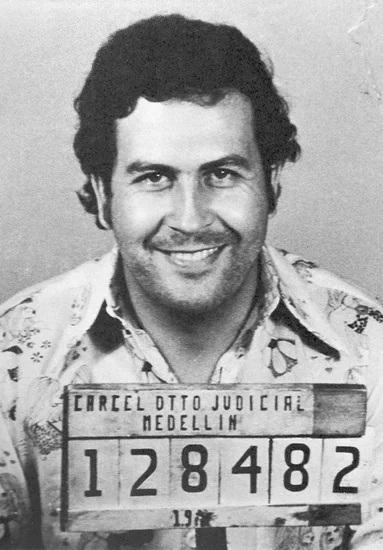
Colombian drug lord Pablo Escobar was killed by police in Medellín. His death ended one of the most violent chapters in Colombia’s modern history.
Escobar’s criminal empire terrorized Colombia for years through bombings and assassinations. His elimination allowed the country to begin healing and rebuilding.
1995 – Robertson Davies Dies
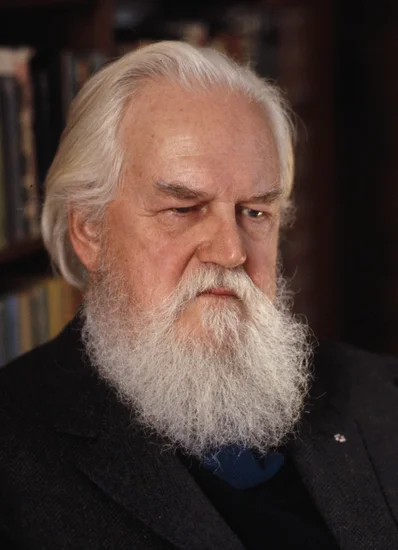
Canadian author Robertson Davies passed away, leaving behind novels that explored psychology, mythology, and human nature. His “Deptford Trilogy” gained international critical acclaim.
Davies’ work blended Canadian settings with universal themes. His sophisticated prose and complex characters elevated Canadian literature’s international profile.
2008 – Odetta Dies

Folk singer Odetta passed away after a career spanning civil rights activism and musical excellence. Her powerful voice and social conscience inspired generations of performers.
Odetta’s songs became anthems of the civil rights movement. Her influence on folk music and social justice continues resonating with artists today.
Holidays and Observances on December 2
International Day for the Abolition of Slavery
The United Nations designated December 2 as International Day for the Abolition of Slavery. This observance raises awareness about modern forms of slavery and human trafficking.
The day commemorates ongoing efforts to eliminate contemporary slavery worldwide. Educational programs and advocacy campaigns highlight this persistent global problem.
United Arab Emirates National Day

The United Arab Emirates celebrates its National Day on December 2, marking the federation’s establishment in 1971. This holiday honors the unity and prosperity achieved through cooperation.
Celebrations include cultural festivals, fireworks, and patriotic displays throughout the emirates. The day strengthens national identity and celebrates Emirati heritage.
Laos National Day
Laos observes its National Day on December 2, commemorating the establishment of the Lao People’s Democratic Republic in 1975. This holiday marks the end of the monarchy and civil war.
The celebration includes parades, cultural performances, and government ceremonies. National Day reinforces Lao identity and socialist values.
